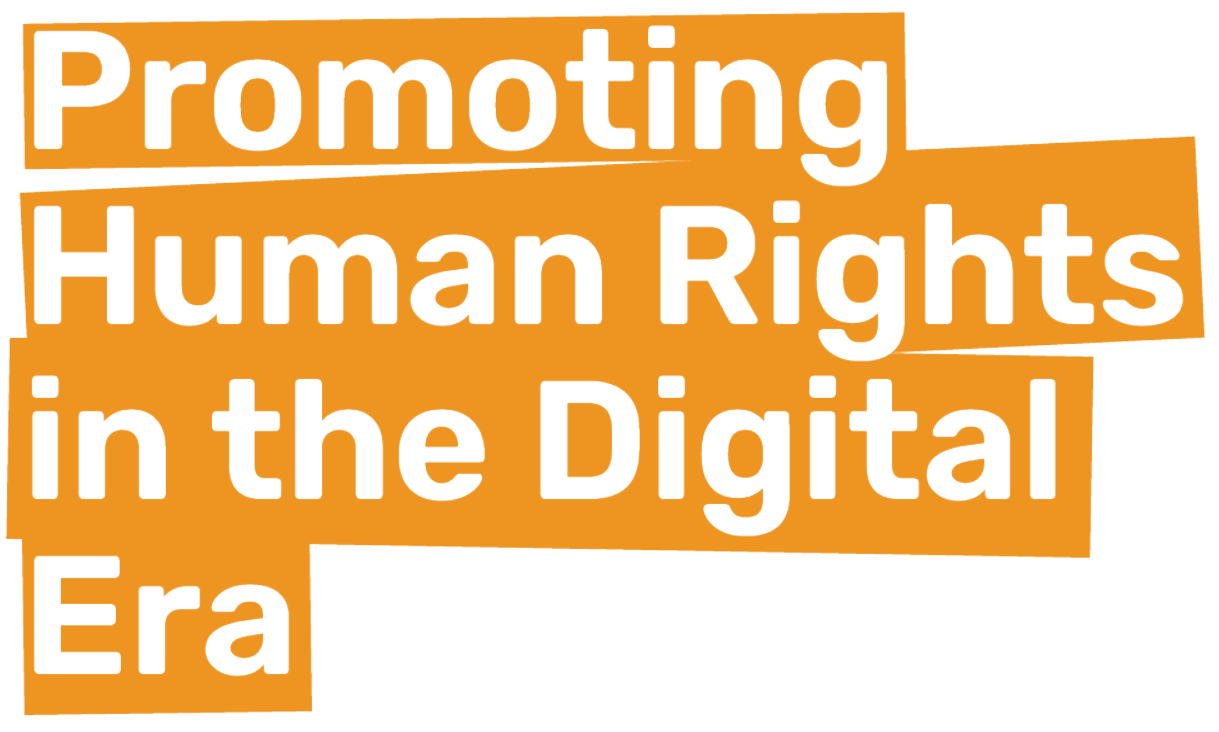Promoting human rights in the digital era provides information and increases awareness of the impact of technology on human rights not only in the world of journalism and in educational institutions, but also among the general public.
Modern technology, including use of artificial intelligence, and digitization are increasingly influencing various spheres of our lives. The COVID-19 pandemic has significantly boosted the use of these tools. It has showcased not only their possibilities, but also their undesirable impact on the human rights of citizens, especially vulnerable groups (i.e. discrimination of the elderly, violation of the right to education, etc.).
The media, which play a vital role in a democratic society, must also respond to the urgent challenges of the global digital era. It should be a crucial actor in anticipating, analyzing and responding to human rights violations as a result of the use of modern technologies. However, due to the lack of adequate training for journalists at universities and in the media, this necessary skill is lacking, which, given the mission of journalism, also has an impact on the public and citizens' awareness.
In the interdisciplinary cooperation of Czech educational, academic and non-profit entities and the Norwegian partner EFN in the field of digitization and law, we want to change the situation and increase the ability of educational institutions and the media to solve this burning challenge. How it is perceived by the Czech journalists themselves will be the subject of a unique research at the beginning of the project. We will also involve seniors and people with disabilities in its design, who are often affected by this problem. At the colloquium, we will present the results that we will use to design and implement a semester course in the field of journalism at FSV UK, again in cooperation with vulnerable groups.
We will thus introduce the first long-term educational module in the Czech Republic focused on the elimination of discrimination and human rights violations in the framework of the creation and distribution of media content created by journalists in the sphere of modern technologies and their use. We will also transform the module into a series of online lessons and a handbook for journalists. Both will be usable at Czech universities, in the media and in Norway. We will present everything at the final symposium. We aim at a long-term increase in information and awareness of the impact of technology on human rights not only in the world of journalism and in educational institutions, but also among the general public.


